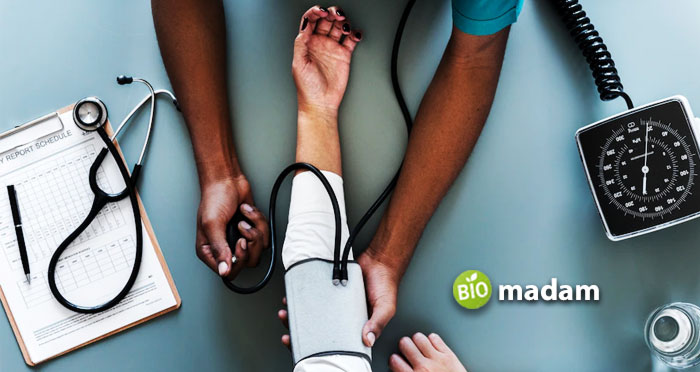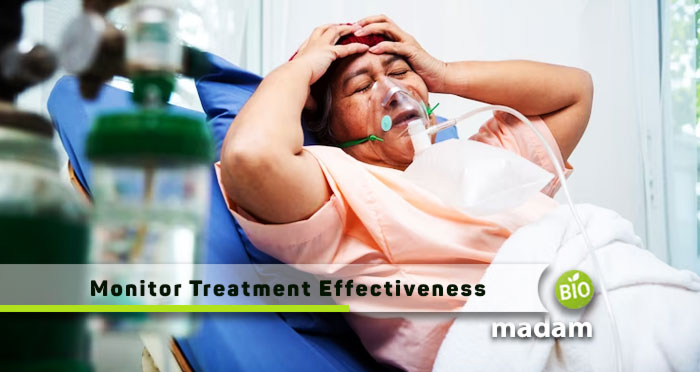Treatment effectiveness monitoring is an important aspect of healthcare that can lead to improved health outcomes. It is the process of assessing the effectiveness of a treatment plan over time and making necessary adjustments.
Healthcare providers can ensure that the treatment plan works as intended and that the patient is progressing toward their health goals by monitoring treatment effectiveness. This can help prevent a condition’s progression and improve the patient’s overall quality of life.
This article will review the significance of monitoring treatment efficacy and how it can lead to better health outcomes.
Spots Issues with a Treatment Plan Early
Monitoring treatment helps to identify problems with any treatment plan early on. By regularly monitoring treatment progress, healthcare providers can detect any issues or potential side effects as they arise, allowing them to adjust the treatment plan as needed.
This can help to prevent further complications and improve overall health outcomes. Additionally, monitoring treatment effectiveness can help identify which treatments are working well and which are not. This allows healthcare providers to make more informed decisions about future treatment options.
However, With the help of innovative solutions from Circle, healthcare professionals can now deliver quality care and improve patient outcomes.
Detecting and Addressing Potential Drug Interactions
Drug interactions occur when two or more medications interact in ways that can change how they work, resulting in negative side effects, reduced efficacy, or even toxicity. These interactions can happen between prescription medications, over-the-counter drugs, supplements, and certain foods and drinks.

By monitoring treatment, healthcare professionals can detect and address any potential drug interactions by reviewing a patient’s medication regimen regularly. They can also check for drug interactions using specialized software and databases to help identify potential interactions based on the patient’s medication list.
Maintaining Appropriate Medical Records for Continuity of Care
Maintaining appropriate medical records is crucial for the continuity of care, as it allows healthcare providers to comprehensively understand a patient’s medical history, current medications, allergies, and treatment plan. This information is essential for providing safe and effective care and identifying potential adverse reactions or complications.
Good medical record keeping also helps to prevent errors, such as prescribing contraindicated medications or duplicating tests and allows for better communication between healthcare providers. This can lead to improved patient outcomes and reduce the risk of hospital readmissions.
Identify Changes in the Patient’s Symptoms

Regular monitoring of the patient’s symptoms allows healthcare professionals to detect any changes or worsening symptoms, which may indicate that the current treatment plan is not working as expected. This may be due to various reasons, including the development of resistance to the medication, the emergence of new symptoms, or the presence of underlying conditions that have not been previously diagnosed.
Conclusion
In conclusion, monitoring treatment effectiveness is crucial to providing quality care to patients. Regular assessments can help detect adverse reactions, drug interactions, and changes in signs and symptoms and evaluate overall health. These evaluations aid in adjusting treatment plans to optimize the patient’s health outcomes.

Hi, they call me Jenna, and I am also known for achieving a gold medal during my Ph.D. in science life. I always had a dream to educate people through my utmost writing hobby. So, I chose this blogging path, and Biomadam gave me this opportunity to present for them. I now stand to entertain you. Continue reading my articles & discuss if you’ve any confusion through the comment section below.

